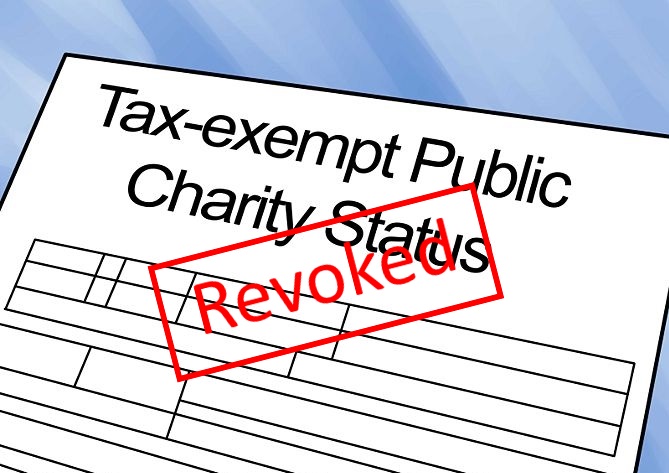 Although tax-exempt organizations do not pay federal income taxes, they are required to file annual informational returns with the IRS. Small tax-exempt organizations (those whose gross receipts are normally $25,000 or less) were formerly exempt from the filing requirements. However, the Pension Protection Act of 2006 imposed a new filing requirement on these smaller organizations to ensure that the IRS and potential donors have current information about them. These new requirements took effect for tax years beginning in 2007.
Although tax-exempt organizations do not pay federal income taxes, they are required to file annual informational returns with the IRS. Small tax-exempt organizations (those whose gross receipts are normally $25,000 or less) were formerly exempt from the filing requirements. However, the Pension Protection Act of 2006 imposed a new filing requirement on these smaller organizations to ensure that the IRS and potential donors have current information about them. These new requirements took effect for tax years beginning in 2007.
The following is a brief summary of the IRS annual filing requirements for exempt organizations:
- Tax exempt organizations that have annual gross receipts not normally in excess of $25,000 must file an annual electronic notice (e-Postcard) Form 990-N. The e-postcard must be completed and filed electronically – there is no paper form.
- Tax exempt organizations, other than private foundations, must file Form 990, Return of Organization Exempt from Income Tax. If the organization satisfies certain threshold requirements relating to its gross receipts and total assets, then it can elect to file a Form 990-EZ instead of the regular Form 990.
- Tax exempt organizations that have been classified as private foundations must file Form 990-PF, Return of Private Foundation.
Failure to file Form 990, Form 990-EZ, or an e-postcard for three consecutive years will result in revocation of exempt status as of the filing due date for the third return.
Tax-exempt organizations may also have other filing requirements. For example, if your organization has employees, it is probably required to report its federal and state employee withholding, and federal and state unemployment returns. Organizations that sell goods or certain services may be required to file state sales tax returns.
Many people wrongly believe that nonprofit organizations that have tax exempt status are not required to file returns with the IRS or the state revenue departments. In fact, not only are most tax-exempt organizations required to file various reports, often times the filings required from tax-exempt organizations are more complex than those filed by for-profit businesses.
If you are a director or officer in a non-profit, you should meet with a professional that has experience assisting tax exempt organizations to make sure you are staying in compliance by filing the required reports and returns.
You can get more information about tax exempt organization at the IRS’s Exempt Organization website.